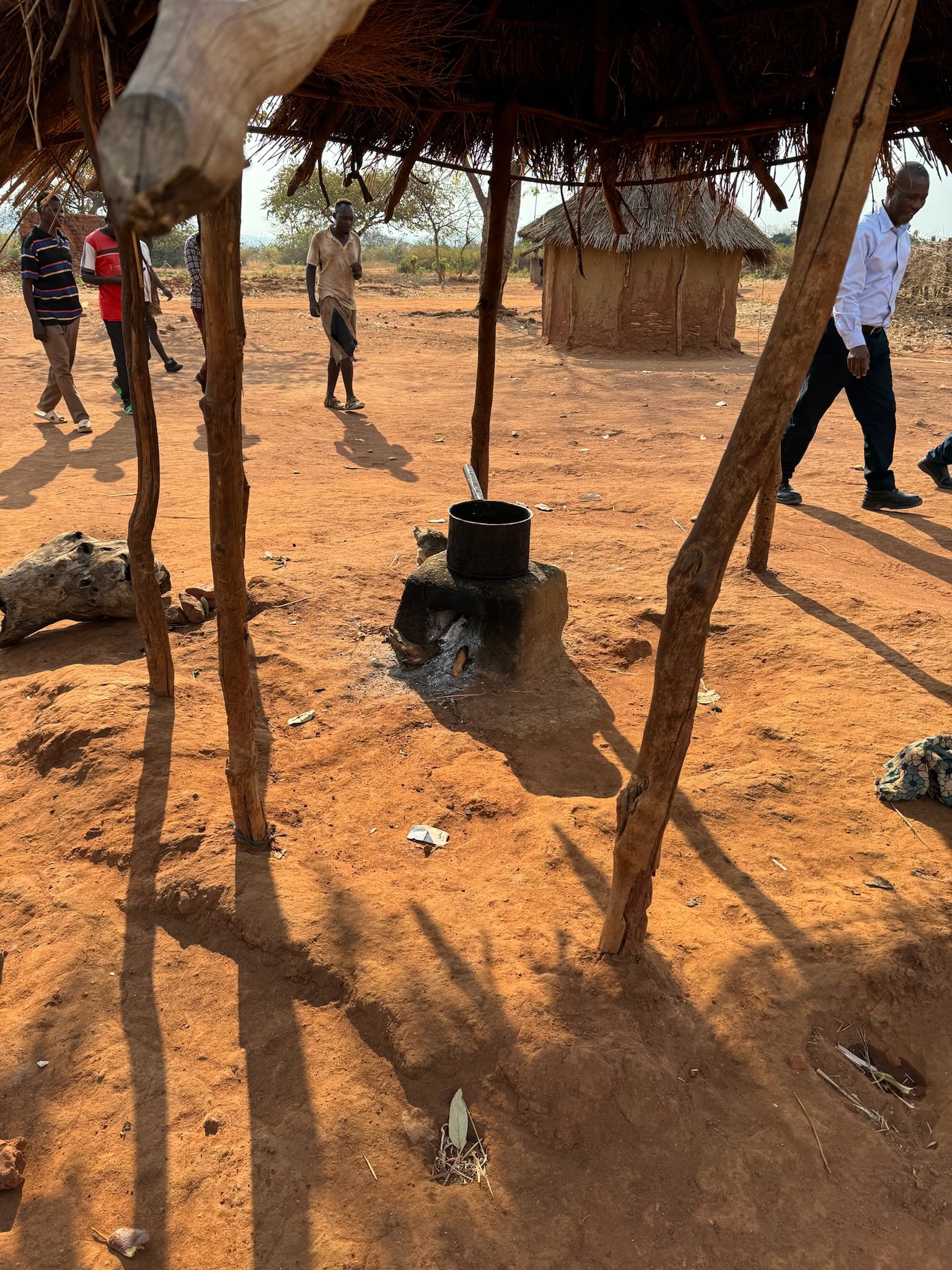Safe Water Project in Zambia
Project Overview
Before the implementation of the project, local people primarily relied on non-renewable biomass like wood, coal, cow dung, and fossil fuels to boil water for purification. This reliance stemmed from economic constraints, as low-income levels made it difficult for the community to access cleaner, more sustainable alternatives. In the absence of the project activity, these traditional methods would likely continue, perpetuating the use of fossil fuels and NRB for boiling water.
The project employs boreholes and other renewable energy sources, such as solar power, to provide safe water, further minimizing its environmental footprint.
Benefits to the Community:
Improved Health: Access to clean water reduces waterborne diseases like cholera and typhoid, leading to healthier communities.
Economic Empowerment: Boreholes save time for women and children, who would otherwise spend hours collecting water. This time can now be used for education or economic activities, fostering community growth.
Environmental Sustainability: By reducing the need for firewood to boil water, the project helps protect forests and reduce carbon emissions.
Long-term Sustainability: The project ensures the longevity of water access systems through regular maintenance and monitoring.
Registry
Project ID
5082
Start Date
18th October 2022
Methodology
CDM methodology AMS-III.AV: Low Greenhouse Gas Emitting Safe Drinking Water Production System (version 8.0).
The Zambia Safe Water Project is a seven-year initiative aimed at addressing the pressing issue of access to clean water for over 6 million people in Zambia, particularly in rural areas.
Safe Water in Zambia Gallery








